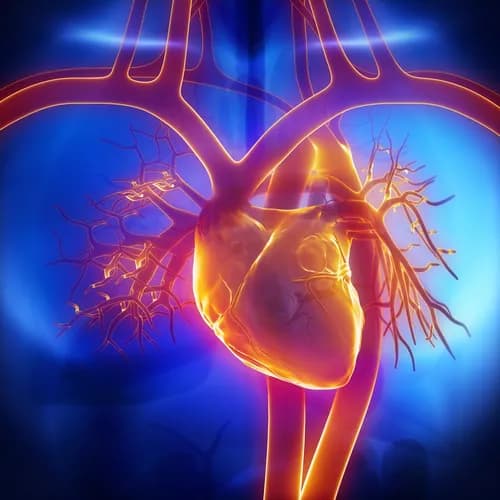
Non-Steroidal Anti-Inflammatory Drugs: Stroke and Heart Attack Risk
The US Food and Drug Administration (FDA) has issued a strong warning that using Non-Steroidal Anti-Inflammatory Drugs (NSAIDs) could potentially lead to stroke and heartattack, which could lead to death. The current warning strengthens the existing warnings for NSAIDs use.
NSAIDs, such as Ibuprofen and Naprosyn, rank among the most commonly used drugs in the world and according to one report, about 30 million people use it every day. NSAIDs are a class of drugs that have been available over-the-counter (OTC) for short term use to obtain temporary relief from conditions like headaches, tooth pain, body aches, back pain, etc. NSAIDs are also prescribed long-term for conditions like chronic osteoarthritis.
NSAIDs have been found very effective against pain and inflammation. However, it has been known for some time that prolonged use of this class of drugs could cause gastric erosion, bleeding in the stomach, ulceration, kidney damage, etc. Sodium retention and resultant hypertension have been reported, along with adverse cardiovascular events with long-term use of NSAIDs.
Currently, the labels for prescription and OTC NSAIDs have warnings on risks of heart attacks and strokes since 2005, according to the FDA. However, more recent data and information are prompting the FDA to issue a stronger warning. From hereon, the FDA will require manufacturers to print clear and specific warnings, both on OTC and prescription strength NSAIDs.
Facts to know about NSAIDs:
- “There is no period of use shown to be without risk,” says Judy Racoosin, M.D., M.P.H., deputy director of FDA’s Division of Anesthesia, Analgesia, and Addiction Products.
- “Be careful not to take more than one product that contains an NSAID at a time,” says Karen M. Mahoney, M.D., deputy director of FDA’s Division of Nonprescription Drug Products. Check the list of active ingredients in the Drug Facts label.
- People who have cardiovascular disease, particularly those who recently had a heart attack or cardiac bypass surgery, are at the greatest risk for cardiovascular adverse events associated with NSAIDs.
- “Everyone may be at risk – even people without an underlying risk for cardiovascular disease,” says Dr. Racoosin.
- All the above warnings are in addition to the risks of stomach ulcers, stomach bleeding, kidney damage, etc., reported with the use of NSAIDs.
What should one do?
- NSAIDs are effective against pain and inflammation and one can still use them.
- “As always, consumers must carefully read the Drug Facts label for all nonprescription drugs. Consumers should carefully consider whether the drug is right for them, and use the medicine only as directed. Take the lowest effective dose for the shortest amount of time possible,” says Karen M. Mahoney, M.D., deputy director of FDA’s Division of Nonprescription Drug Products.
- Consumers who are on prescription strength NSAIDs should read the “medication guide” carefully.
- Those with cardiac trouble should consult with their physician to understand the risks and benefits of taking NSAIDs and make an informed decision.
- The FDA warns, “Stop taking NSAIDs and seek medical help if you experience symptoms that might signal heart problems or stroke such as chest pain, trouble breathing, sudden weakness in one part or side of the body, or sudden slurred speech.”
- One should reduce risk factors for heart disease and stroke by leading a healthy lifestyle. According to Dr. Mahoney of the FDA, “Smoking, high blood pressure, high cholesterol and diabetes are significant risk factors for these conditions. If you smoke, work on quitting. See your doctor regularly to find out if you have these other strong risk factors, and commit yourself to taking care of them and of your health.”
Note: Although Aspirin belongs to the same class of drugs (NSAIDs), the current/revised warning does not apply to Aspirin.
Related Articles
Test Your Knowledge
Asked by users
Related Centers
Related Specialties
Related Physicians
Related Procedures
Related Resources
Join DoveHubs
and connect with fellow professionals

0 Comments
Please log in to post a comment.